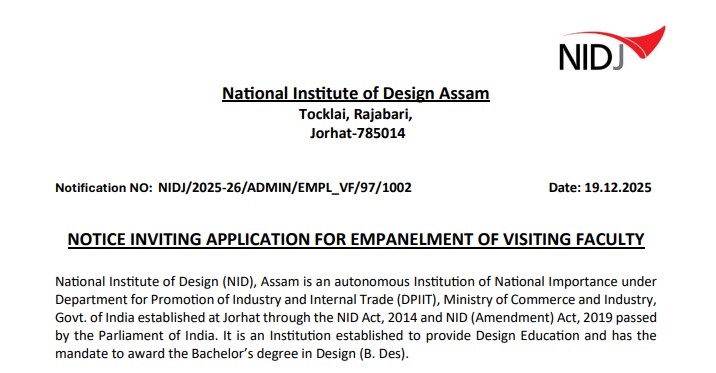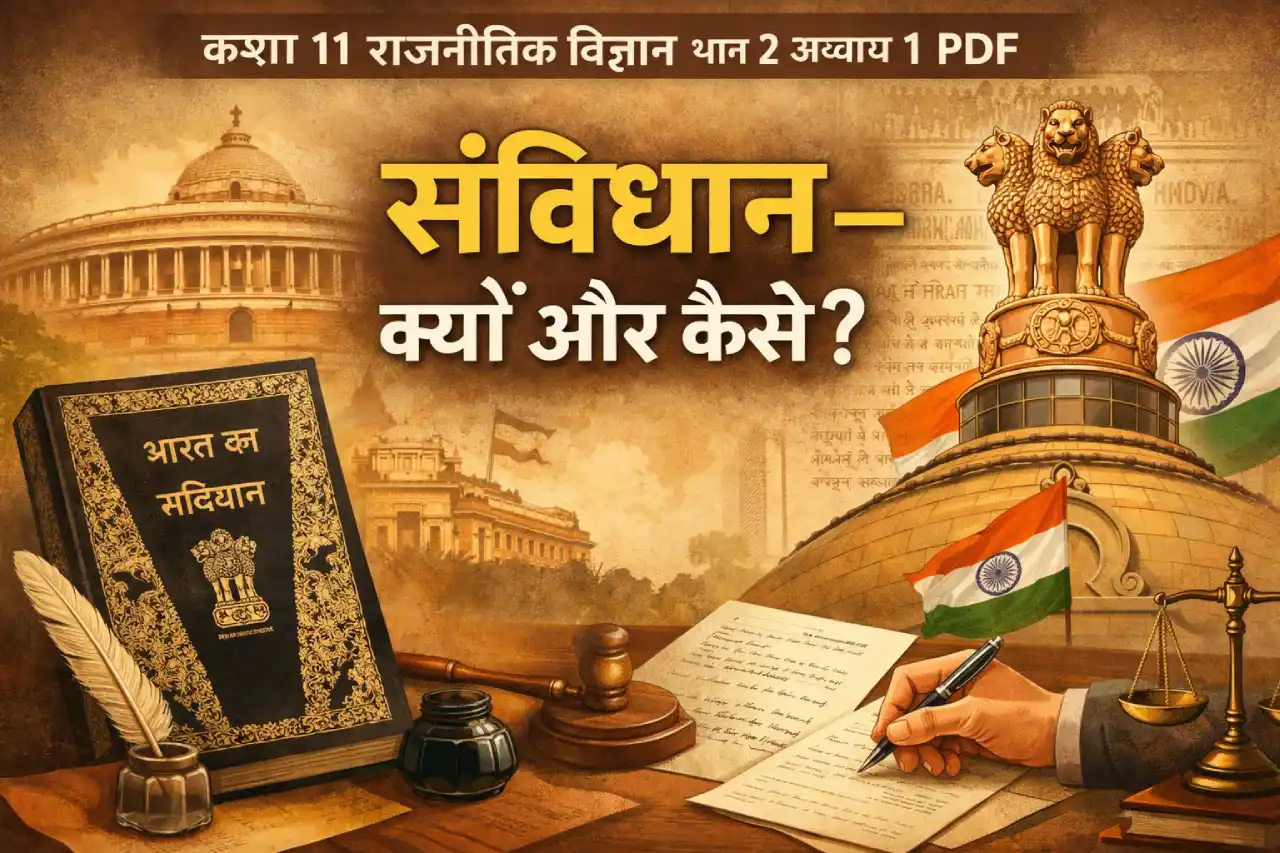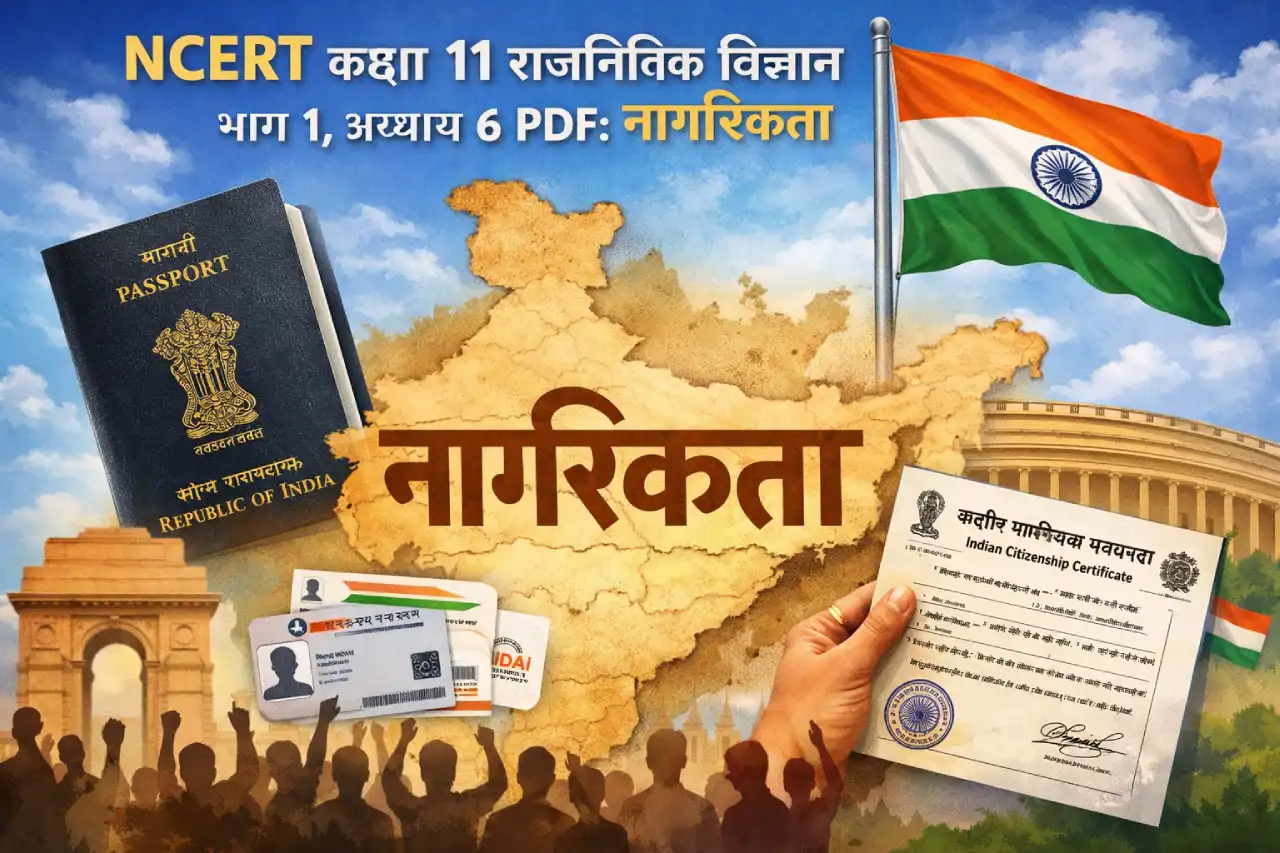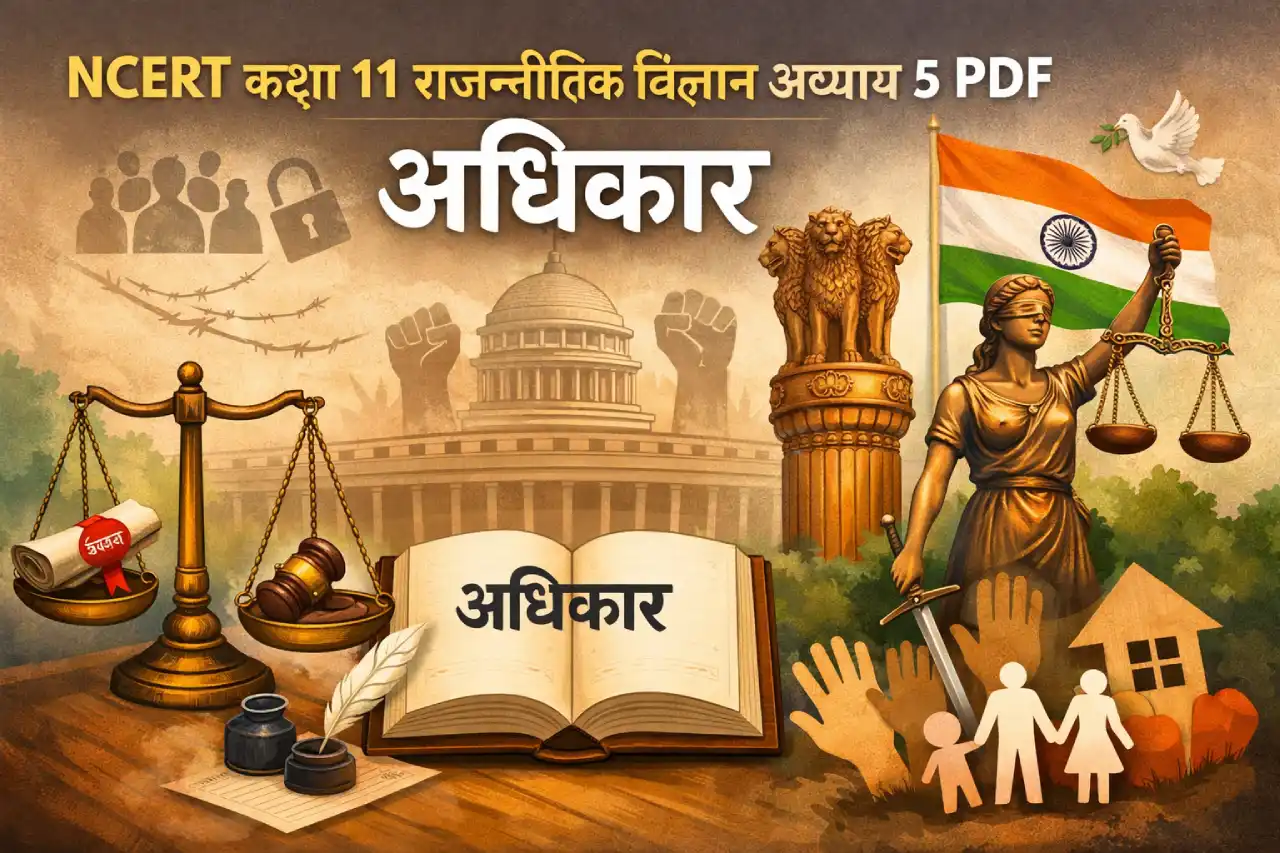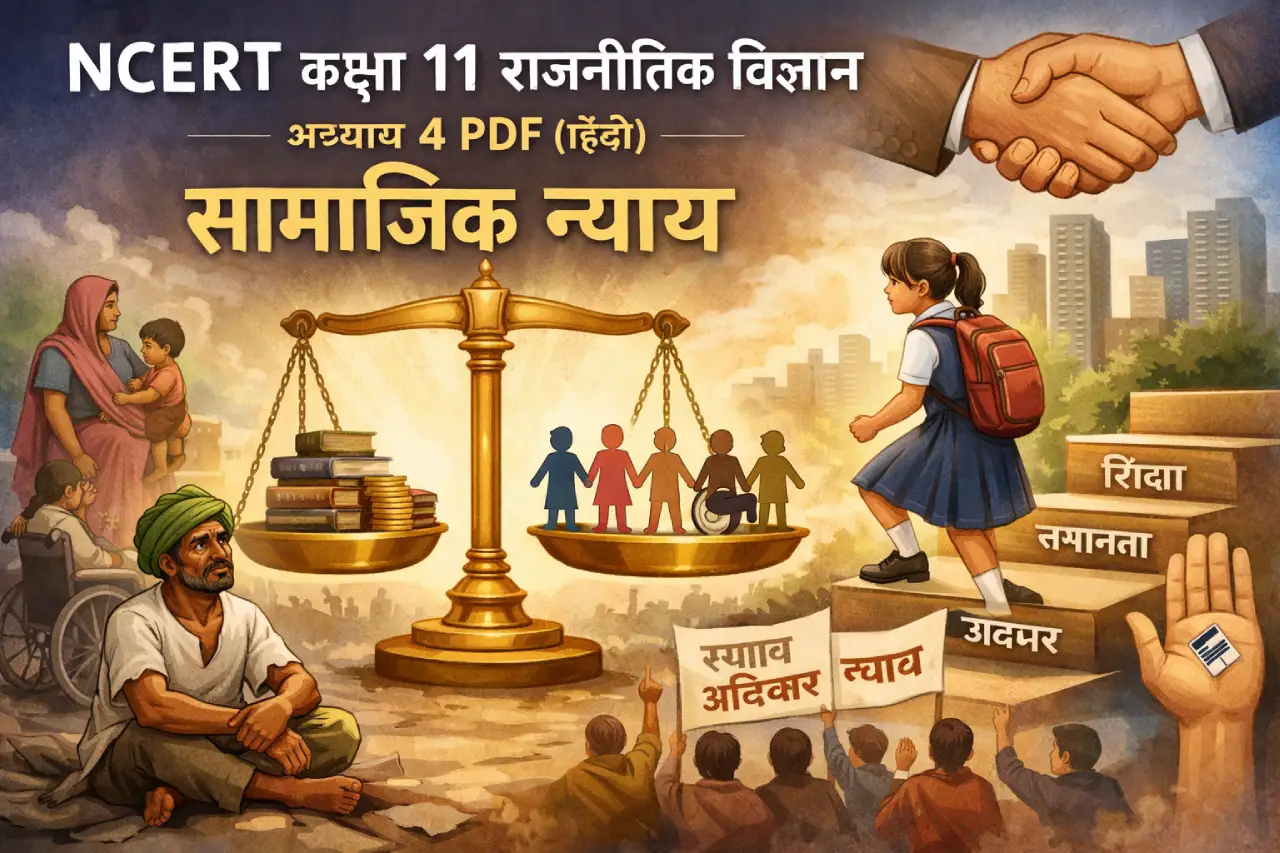Chapter 3 of NCERT Class 12 Biology is titled Reproductive Health. This chapter talks about the various aspects of maintaining reproductive well-being, such as contraception, medical assistance for infertility, STDs, population control and the importance of sex education. It focuses on the need to spread awareness, remove social taboos and ensure safe reproductive practices in society.
I chose to write about this chapter because reproductive health is still not openly discussed in many households or even in classrooms. Students often feel awkward or hesitate to clear their doubts, which leads to confusion and misinformation. This chapter provides scientific, practical and easy-to-understand information that every student must know, not just for exams but for personal awareness and responsible behaviour. Whether you’re preparing for board exams or NEET, this chapter is important for MCQs and value-based questions. Also, it’s a must-read for understanding issues that affect millions of people in our country—from overpopulation to reproductive diseases. That’s why I’ve shared a clear summary and the official NCERT PDF link at the end.
What Does Reproductive Health Mean?
According to the World Health Organisation (WHO), reproductive health means total well-being in all aspects of reproduction—physical, emotional, social and behavioural. It is not just the absence of diseases but a state where people can safely reproduce and have control over their reproductive decisions.
Importance of Reproductive Health
- Prevents unwanted pregnancies
- Reduces chances of sexually transmitted infections (STIs)
- Helps manage population growth
- Provides infertility solutions
- Encourages responsible sexual behaviour
- Promotes maternal and child health
Key Topics in Chapter 3 – Reproductive Health
Population Explosion and Birth Control
- India’s growing population puts pressure on resources
- Methods to control population: condoms, oral pills, IUDs, surgical methods like tubectomy and vasectomy
- Family planning is essential for sustainable development
- Government programs like Hum Do Hamare Do spread awareness
Contraceptive Methods
- Barrier Methods: Condoms, diaphragms
- Hormonal Methods: Oral pills, implants
- IUDs: Copper-T, LNG-20
- Surgical Methods: Vasectomy (for males), tubectomy (for females)
- Ideal contraceptives are safe, user-friendly, reversible and effective
Sexually Transmitted Diseases (STDs)
- Caused by bacteria, viruses or fungi
- Common STDs: HIV-AIDS, gonorrhoea, syphilis, herpes, chlamydia
- Spread through unprotected sex, blood transfusion, and from mother to child
- Prevention: use of condoms, regular testing, awareness
Medical Assistance for Infertility
- Infertility is the inability to conceive after regular unprotected sex
- Causes can be physical, hormonal, psychological or environmental
- ART (Assisted Reproductive Technologies):
- IVF (In Vitro Fertilisation)
- ZIFT (Zygote Intra Fallopian Transfer)
- GIFT (Gamete Intra Fallopian Transfer)
- ICSI (Intra Cytoplasmic Sperm Injection)
- Surrogacy is also an option in many cases
Importance of Sex Education
- Helps remove taboos and myths
- Encourages safe and respectful behaviour
- Builds confidence to ask questions and seek help
- Reduces teen pregnancies and STDs
Download PDF – NCERT Class 12 Biology Chapter 3
To get the official PDF of this chapter for free, follow these steps:











